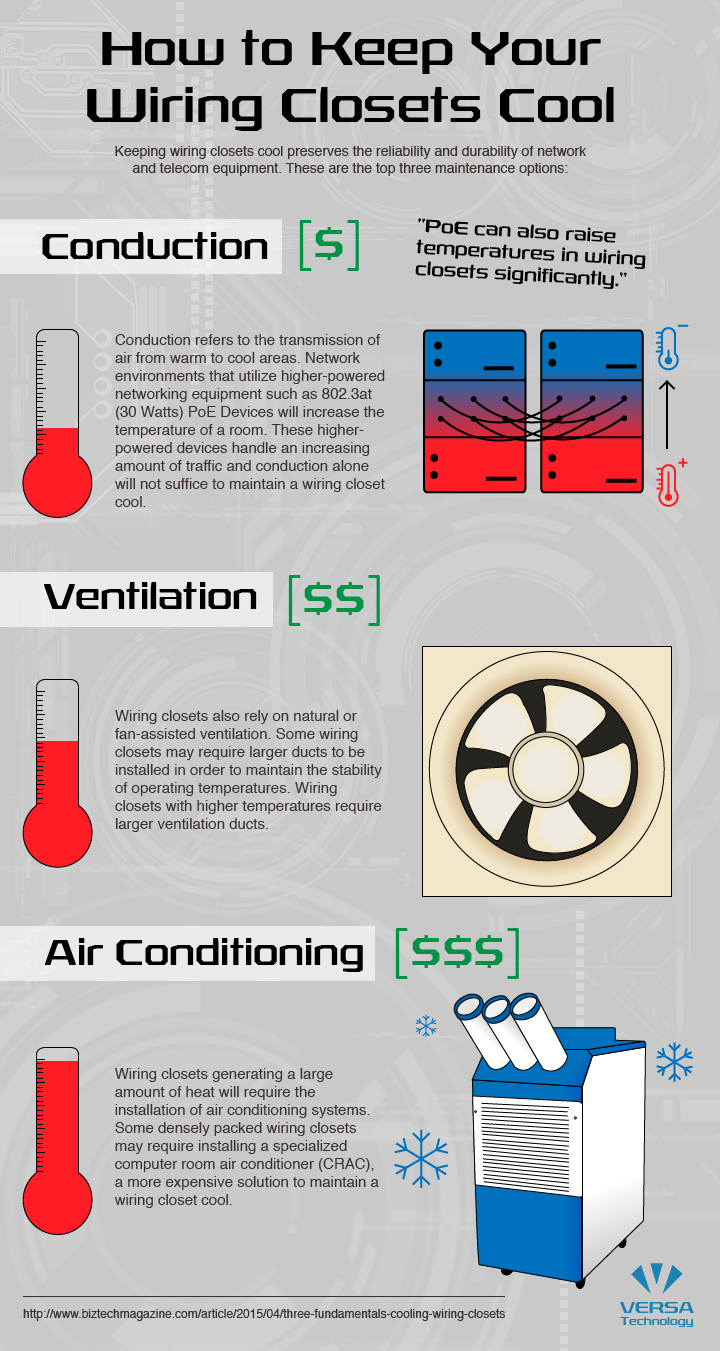The Future Of Home Heating - Exactly How Heatpump Innovation Is Developing
The Future Of Home Heating - Exactly How Heatpump Innovation Is Developing
Blog Article
Composed By-Dawson Kaae
Heatpump will be a crucial modern technology for decarbonising heating. In a circumstance consistent with governments' announced power and climate dedications, their worldwide ability doubles by 2030, while their share in home heating rises to one-quarter.
They work best in well-insulated homes and depend on electrical power, which can be supplied from an eco-friendly power grid. Technical innovations are making them extra efficient, smarter and less costly.
Gas Cells
Heat pumps utilize a compressor, cooling agent, coils and fans to relocate the air and heat in homes and devices. They can be powered by solar power or electrical power from the grid. They have been gaining appeal as a result of their affordable, quiet procedure and the capacity to generate power throughout peak power need.
https://www.babyboomers.com/article/tips-for-cooling-a-metal-building-during-spring-and-summer-months/623a366e4ac54900011eca77 , like IdaTech and BG MicroGen, are working with gas cells for home heating. These microgenerators can replace a gas central heating boiler and produce several of a residence's electrical requirements with a link to the electrical power grid for the rest.
But there are factors to be unconvinced of using hydrogen for home heating, Rosenow states. It would certainly be pricey and inefficient contrasted to various other technologies, and it would certainly contribute to carbon emissions.
Smart and Connected Technologies
Smart home technology enables house owners to connect and manage their gadgets from another location with making use of smartphone apps. As an example, wise thermostats can discover your heating choices and instantly get used to maximize power intake. Smart lights systems can be controlled with voice commands and automatically turn off lights when you leave the area, reducing energy waste. And wise plugs can monitor and manage your electric usage, enabling you to determine and restrict energy-hungry appliances.
The tech-savvy house depicted in Carina's interview is an excellent picture of exactly how occupants reconfigure area heating methods in the light of new wise home innovations. They depend on the gadgets' automatic features to execute daily modifications and regard them as a hassle-free means of performing their home heating methods. Thus, they see no reason to adapt their practices further in order to enable adaptability in their home power demand, and interventions targeting at doing so may deal with resistance from these families.
Electrical power
Because heating homes accounts for 13% of US discharges, a switch to cleaner alternatives could make a huge difference. Yet the modern technology faces challenges: It's pricey and calls for extensive home remodellings. And it's not constantly suitable with renewable energy resources, such as solar and wind.
Till just recently, electric heatpump were as well expensive to take on gas models in many markets. However new developments in design and products are making them much more inexpensive. And better chilly environment performance is allowing them to operate well even in subzero temperatures.
The next action in decarbonising home heating might be making use of warmth networks, which draw heat from a main source, such as a close-by river or sea inlet, and disperse it to a network of homes or buildings. That would decrease carbon emissions and permit houses to make the most of renewable resource, such as green electrical energy from a grid provided by renewables. This alternative would certainly be much less expensive than switching over to hydrogen, a nonrenewable fuel source that calls for brand-new facilities and would just minimize CO2 emissions by 5 percent if paired with improved home insulation.
Renewable resource
As power rates drop, we're beginning to see the exact same trend in home heating that has actually driven electric autos right into the mainstream-- however at an even faster rate. floor heat pump for electrifying homes has actually been pushed even more by brand-new research study.
Renewables make up a substantial share of contemporary heat intake, but have been provided restricted policy interest globally contrasted to various other end-use markets-- and even less attention than electrical energy has. Partially, this reflects a mix of consumer inertia, divided incentives and, in numerous countries, aids for nonrenewable fuel sources.
New innovations could make the change less complicated. For best air conditioner nz , heatpump can be made much more energy reliable by replacing old R-22 cooling agents with brand-new ones that don't have the high GWPs of their precursors. Some experts additionally imagine district systems that attract warmth from a neighboring river or sea inlet, like a Norwegian arm. The warm water can then be used for heating and cooling in a community.